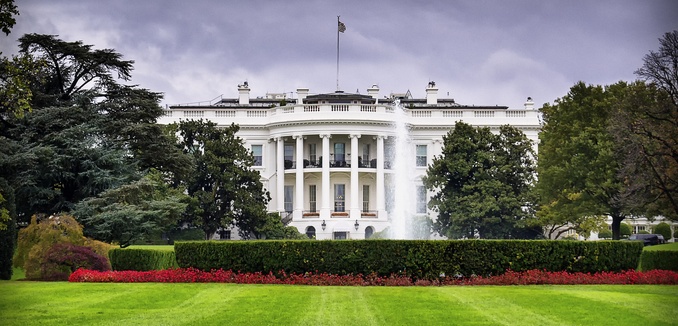Only a day after floating the possibility that the White House would impose new sanctions on Iran due to its illegal ballistic missile tests, the Obama administration has now decided to delay its decision to an undetermined future date after Iran issued repeated threats, The Wall Street Journal reported (Google link) on Thursday.
The administration said on Wednesday that they would formally announce the sanctions early in the new year. But the following day, Iranian Foreign Ministry spokesman Hossein Jaberi Ansari said that new sanctions “are unilateral, arbitrary and illegal and the Islamic Republic of Iran has [already] served notice to the US government [in this regard].” Iranian President Hassan Rouhani followed up later that day by saying that he had ordered Iran’s defense ministry to accelerate the development of “various types of missile.” Rouhani termed the proposed sanctions “wrong and interventionist” and contended that the development of ballistic missiles to be “conventional and important” to Iran.
The new sanctions, the first to be announced since the nuclear deal was announced in July, would have targeted companies and individuals in Iran, Hong Kong, and the United Arab Emirates for their work in developing Iran’s ballistic missile program, prohibiting U.S. nationals, businesses, or banks from doing business with them.
Last month, a United Nations panel found that the ballistic missile test that Iran undertook in October violated United Nations Security Council Resolution 1929, which prohibits Iran from undertaking “any activity related to ballistic missiles capable of delivering nuclear weapons, including launches using ballistic missile technology, and that States shall take all necessary measures to prevent the transfer of technology or technical assistance to Iran related to such activities.”
Lawmakers have expressed concern over the administration’s slow response to the Iranian ballistic tests. The October launch prompted eleven Democratic senators to write a letter to Secretary of State John Kerry expressing their concern, stating that the nuclear deal, which they supported, “must be fortified by a zero-tolerance policy to respond to violations of the agreement and of applicable UN resolutions – and a unified plan of action between the United States and our European allies about what specific responses should be deployed to respond to incremental violations.”
When Iran scheduled ballistic missile tests a month after the nuclear deal was announced, Iran’s semi-official Fars news agency claimed that such tests would reinforce Iran’s interpretation of UN Security Council Resolution 2231, the resolution that formalizes parts of the nuclear deal. That resolution also calls for Iran to refrain from testing ballistic missiles, but Rouhani said that his country was unwilling to “abide by any resolution” that would limit its capacity to develop or acquire the weapons it deemed necessary.
[Photo: Diego Camblaso / Flickr ]




